11Dinosaurs in movies
Advertisement
Dinosaurs have always been relevant in popular culture thanks to novels, paintings, and most recently movies. Sir Arthur Conan Doyle’s The Lost World (1912), Willis O’Brien’s 1933 movie King Kong made the extinct animals more and more famous.
However, the biggest jump in interest in dinosaurs and continued interest in it since then has been thanks to Steven Spielberg’s 1994 epic Jurassic Park, based on Michael Crichton’s 1990 novel of the same name. Since then, Dinosaurs have become cultural icons with a presence in cartoons, movies, and books.
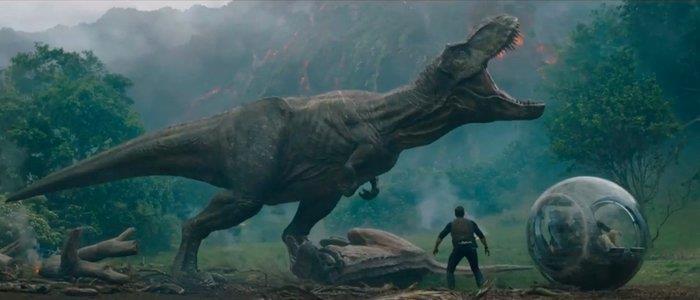
Image Source: www.slashfilm.com
12This dinosaur mummy found in Canada
Advertisement
On March 21, 2011, Shawn Funk, a heavy-equipment operator at Canada’s Millennium Mile was working, as usual, operating the excavator. Soon, his work turned into heightened intrigue, as he and his supervisor Mike Gratton unearthed the fossils of a dinosaur. It took museum workers more than six years and 7,000 hours to remove the debris and unearth the dinosaur and piece it together.
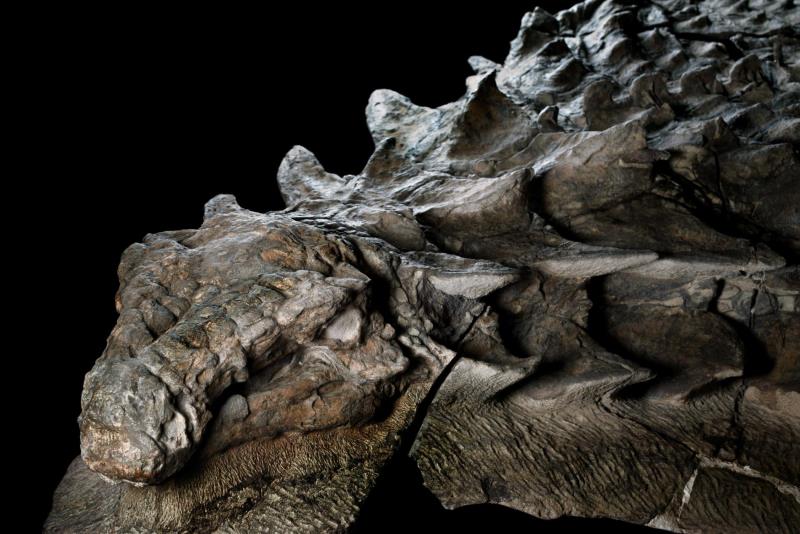
Image Source: www.nationalgeographic.com
13The mummified dinosaur
Advertisement
The Royal Tyrell Museum workers from Fort McMurray in Alberta came together to unearth the fossilized remains of the dinosaur. They had to wilt away to remove 15,000 pounds of rock containing the dinosaur. When it was hoisted out of the pit, the rock shattered and the dinosaur broke into several chunks. The fragments were driven to the museum wrapped in plaster of Paris. What formed of the pieces put experts in shock and awe. As the dinosaur that was unearthed was a never seen before specimen of a Nodosaur, which had its skin intact.
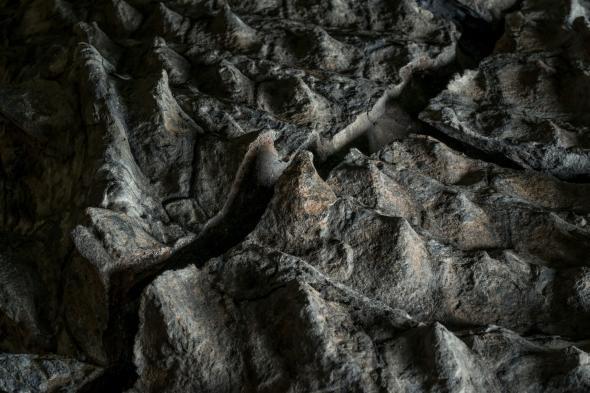
Image Source: www.nationalgeographic.com
14Nodosaurs
Advertisement
Nodosaurs were heavily armored dinosaurs with rows of bony armor nodules and spines. They were medium-sized to large, walked on four legs and heavily built. These roamed the Earth 110-112 million years ago in mid-Cretaceous period and were close to 18 feet long and weighed 3,000 pounds or more. It also had 20 inch long spikes jutting out its shoulders to keep the predators in line.
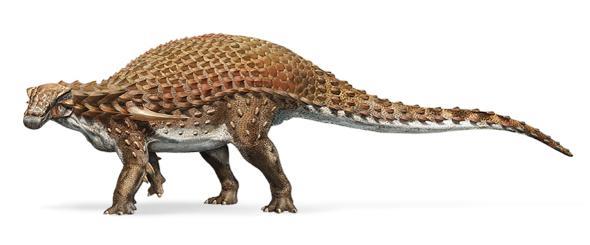
Image Source: www.nationalgeographic.com
15Extremely detailed dinosaur mummy
Advertisement
Usually, fossils only have bones and teeth left, but this specimen, named Suncor Nodosaur, has preserved armor plates, fossilized remains of its skin. The dinosaur had most likely died and was swept in a river during a flood. Bacteria produced gases which kept the body afloat. After the bloated body burst, the carcass sank to the ocean floor and was covered in the mud.
The mud and minerals in it preserved the scales and armor of the dinosaur and ensured that it was fossilized in pristine condition. The specimen also has microscopic remains of its original coloration. Chemical tests of the dinosaur’s skin have implied at the existence of reddish pigments.
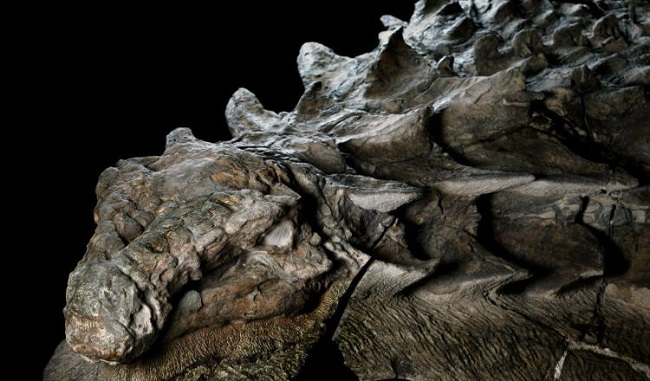
Image Source: unusual-stories.com